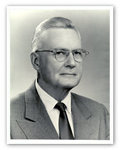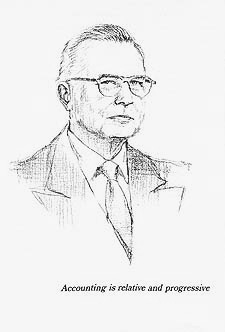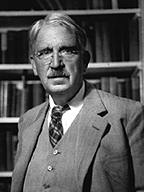

Practice is fact and action
Theory is explanation and reason
|
|
"It is the nature of
the word
theory to imply complexity. The word cannot be well understood from
definitions
because, since definitions must be brief, they must fail to be
comprehensive.
The nature of the theory is revealed in part by its relation to
practice,
particularly by differentiation of theory from practice."
Practice is fact and action Theory is explanation and reason |
|
|
|
A Statement of Basic Accounting Theory (ASOBAT) |
| "The committee has conceived of theory as a coherent set of concepts explaining and guiding the accountant's action in identifying, measuring and communicating economic information." |
|
"Theory should guide and evaluate practice--examine assumptions" |
"What is sound in theory and what is sound in practice must ultimately be reconciled." |
| Seymour Walton: | "Practice is theory
made effective"
"Theory that has no contact with practice may be ineffective, useless, speculative; and practice that has no orientation within the structure of theory may become haphazard , purely expedient, and biased." |
 |
There is no inherent opposition between theory and practice; the former (theory) enlarges, releases, and gives significance to the latter (practice), while practice supplies theory with its materials and with the test and check which keeps it sincere and vital. |
|
|
"Theory is a sort of
distilled
essence of practical experience. It is a guide to practice only in the
sense that it reconciles practice with itself and so helps to integrate
concrete social processes." Scott argued that accounting theory was not a progression toward a static ideal but rather a process of continually adapting to an evolving environment. |
|
|
|
| A theory, like anything else,
should be
judged by what it is designed to do. Some theories are used to
interpret
and predict certain events, they ought rightly to be evaluated by their
ability to interpret and predict these events.
A pseudo problem that often arises is that of theory versus practice. Who has not heard the accusation "it works in theory, but not in practice."? This is a nonsense statement. What works in theory, by definition works in practice. It is hard to see what practice means if not concrete factual or practical situations. Certainly, there are poor theories. These do not work; they cannot be successfully applied; they do not do what they intend, namely, to explain the behavior of certain phenomena. But a good theory will work in practice, for this is one of the things that makes it a good theory; i.e., it will explain what it is designed to explain. The existence of poor theories is no justification for a bias against all theory as somehow defective. |